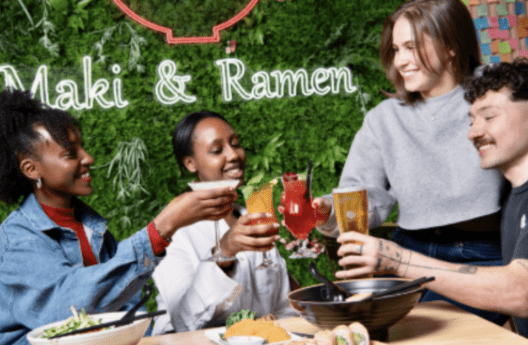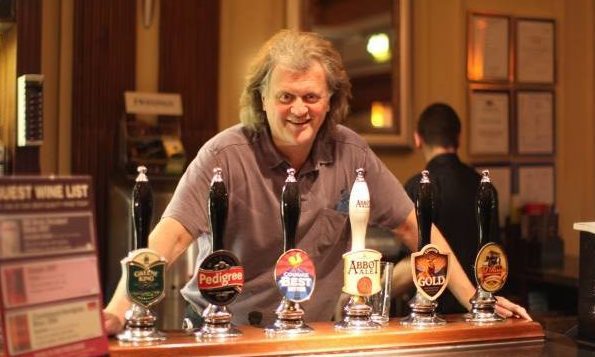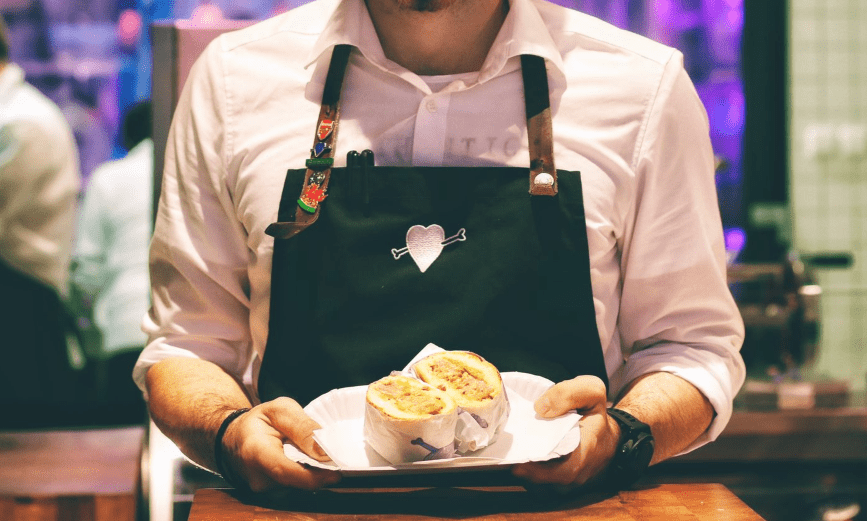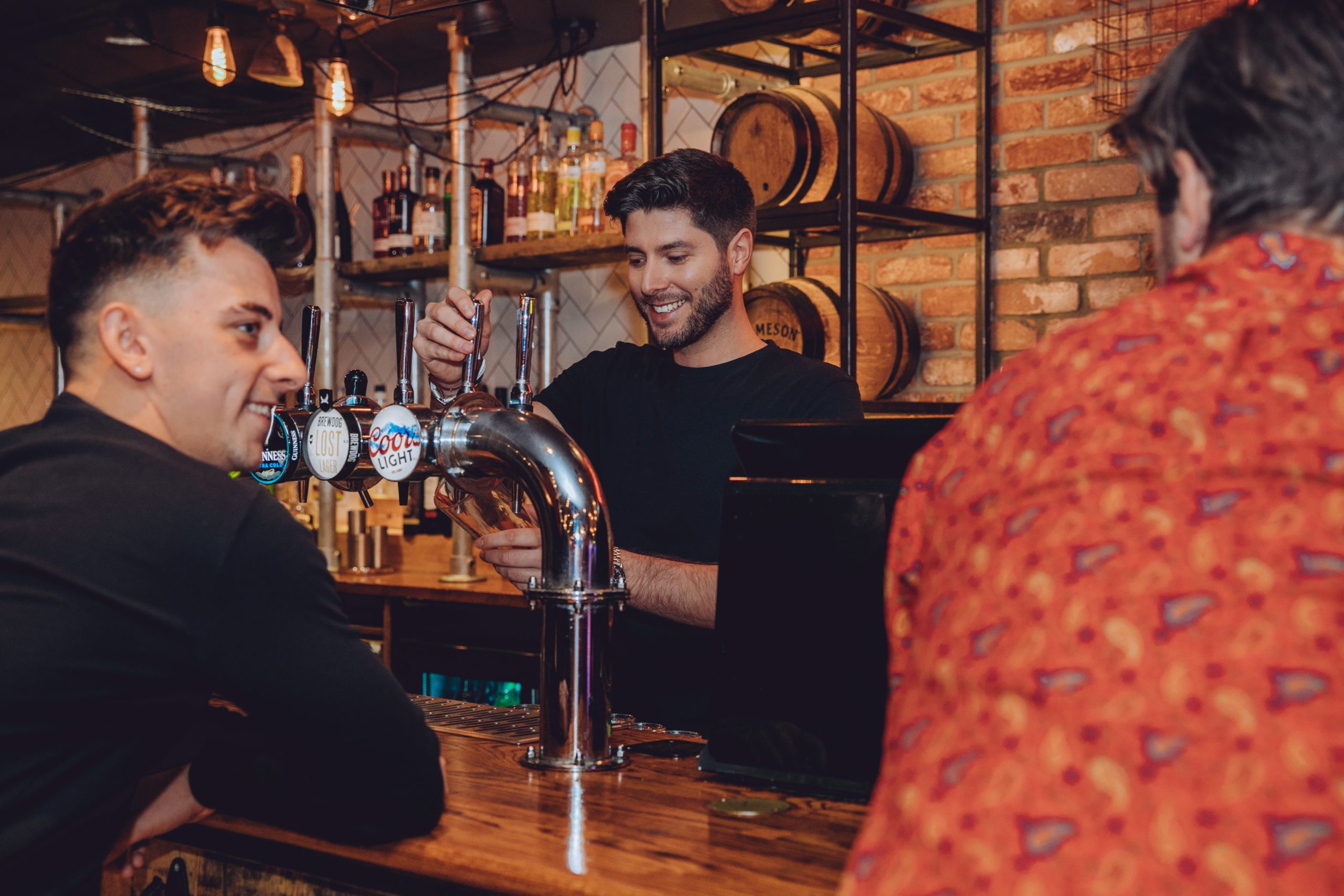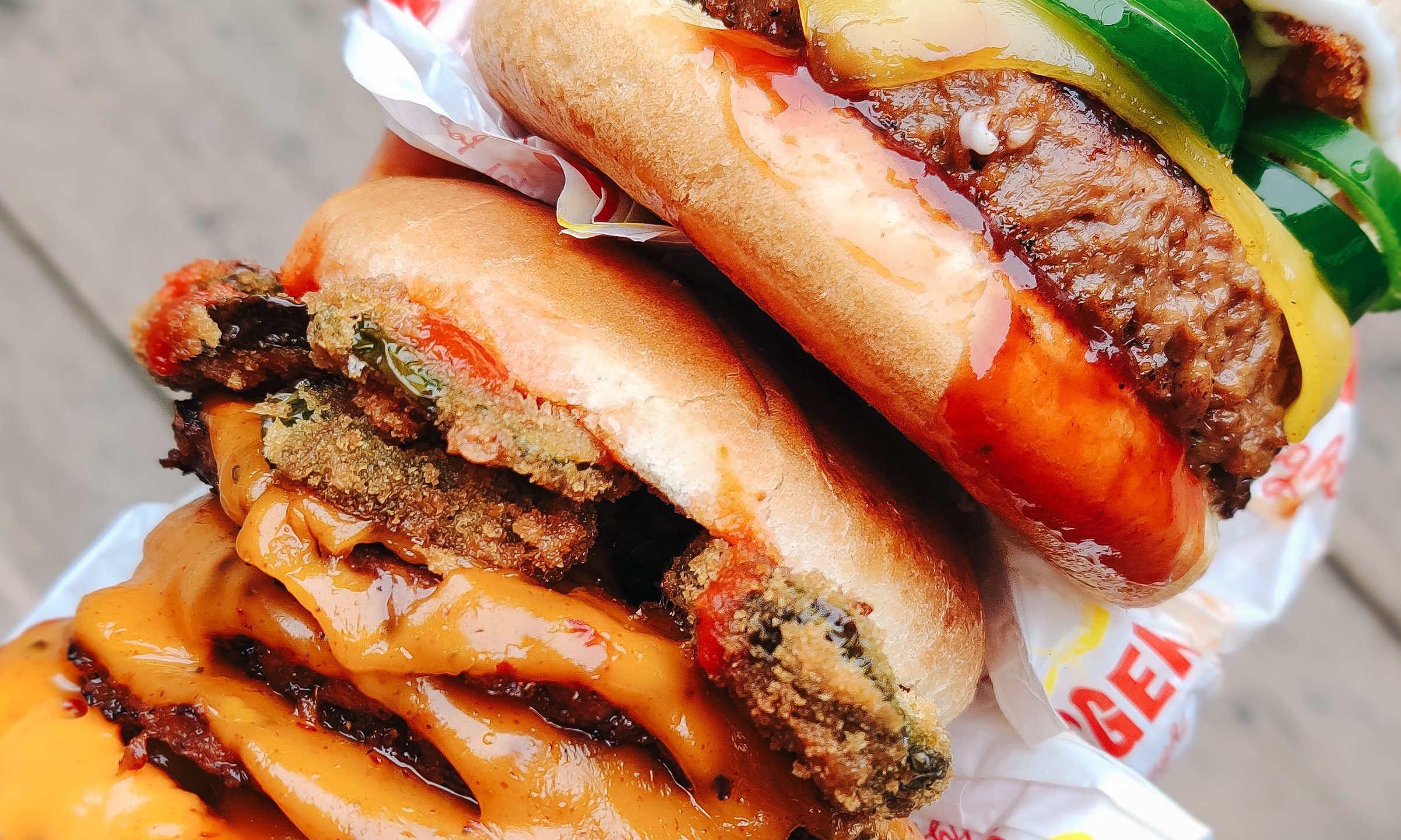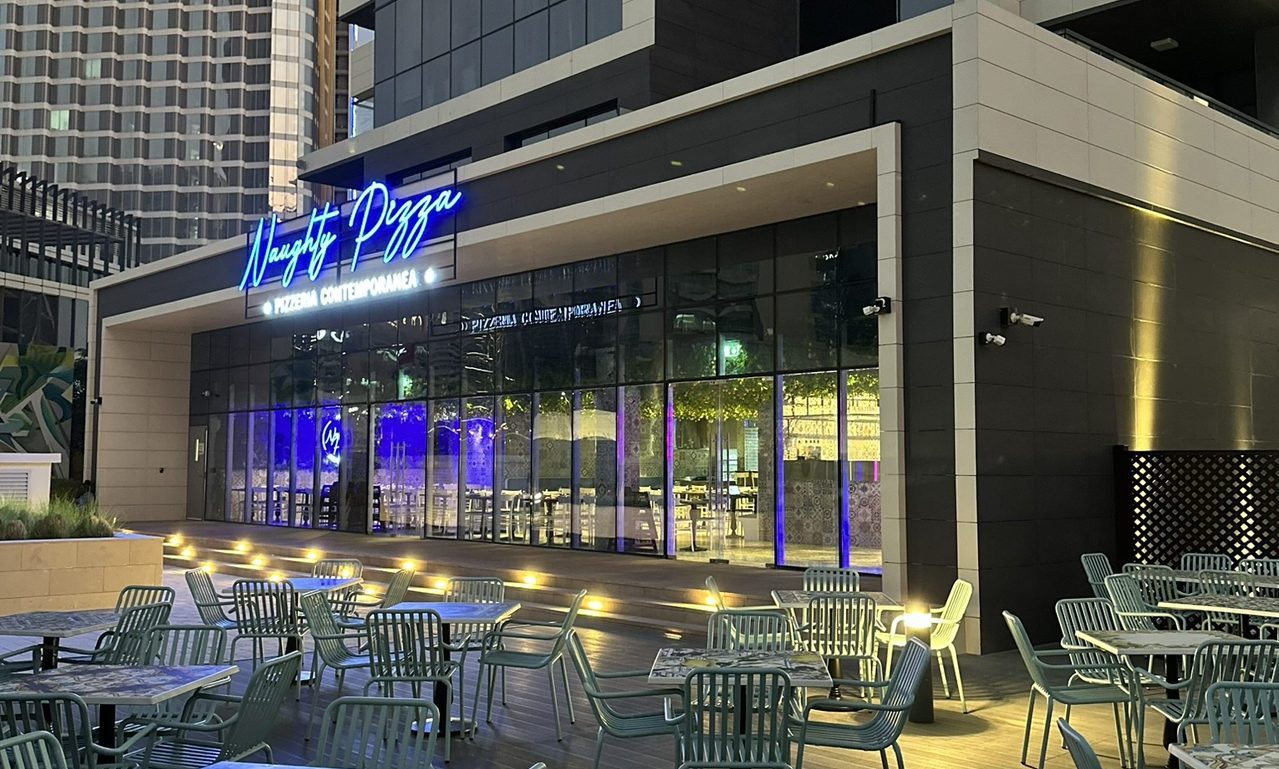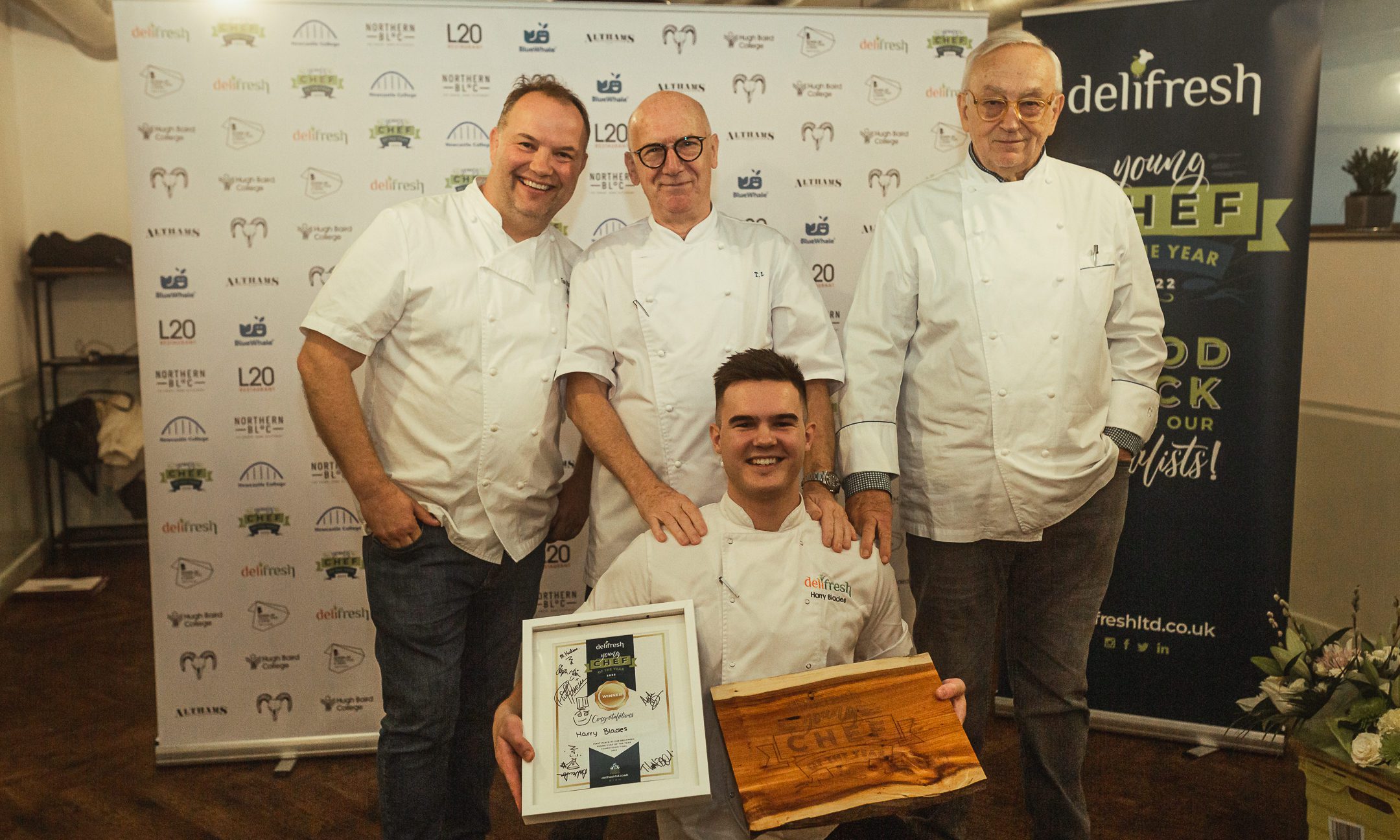Register to get 5 free articles
Reveal the article below by registering for our email newsletter.
Want unlimited access? View Plans
Already have an account? Sign in
What is your background in hospitality and can you tell us a little bit about your career progression?
I don’t have an official hospitality background so to speak; like a lot of people, I have dabbled in working in restaurants and pubs growing up. I studied and worked in commercial property first, which is how I discovered the whole hospitality industry.
I grew up and began working in London, and I just found the whole hospitality industry very interesting and exciting. It was around the time Mark Hix opened Hix Soho that I got to know Jeremy King (Corbin and King Restaurants). I got to pick his brains a bit, which ended up being a bit of work for him, helping out with social media and that kind of stuff.
It was off the back of doing that, that Jeremy came up with the idea of a newsletter that we now call the ‘CODE Bulletin’ that goes out every Monday. The aim of the newsletter is to bridge a gap in the market by targeting mid to high-end independent restaurants in London. There was no business plan in place that started CODE, it just happened organically. I wouldn’t say accidentally, but more at the right place and at the right time.
A quarter of respondents are unsure if they’ll still be in the industry in a year’s time. Why do you think that is and how is that being helped?
I think a lot of it comes back to the past few years with the pandemic. Although there was obviously failover, as you’re probably aware, the industry fell in between that crack, with service charge and tips being included in silo pay. Over those couple of years and I think even now, there is still quite a lot of uncertainty in the industry. We’ve seen so much happening with the strikes before Christmas, which puts people off potentially making a career in hospitality because it is still very uncertain.
As an industry, it has always been quite transient, but that can be a good thing sometimes. There’s always the need for some kind of part time work in hospitality for those who are not in a nine to five job.
However, people want more certainty in their lives and the post-pandemic move to working from home routines isn’t really possible in hospitality, because of the nature of the business. Another big challenge for our industry is getting younger people who are just starting out to stay in hospitality, while their friends can work from home for two or three days a week, or they can work remotely from abroad for a month. The hospitality industry doesn’t and can’t really offer those perks, so it doesn’t help recruitment.
We’re going to have to find ways to offer flexible working in this industry, whatever that means – whether it’s to do with people’s rotas and shifts. I know that some businesses pre-Covid were looking at how they could help mums return to work in hospitality to do shifts that maybe aren’t your usual hours, so they could still drop their kids off at school and pick them up at the end of the day. I think we’re going to have to evolve like that. We’re going to have to really focus on how we can make hospitality an attractive industry to work in.
What kind of work incentives do you think the industry could benefit from and what is being done to encourage employers to offer them?
You have to deal with pay first; it’s always going to be a topic, as we’ve come to see with all the strikes across industries from train drivers to nurses. You’ve got to pay people properly. I think that’s something that our industry has neglected in the past, as well as offering a work life balance. Paying people correctly is very important and I know that it is definitely getting better, as a lot of operators now are very good at providing competitive wages.
Interestingly, money hasn’t been the biggest driver for people in the industry, according to hospitality reports. People want to join this industry a lot of the time because they’ve got a passion for it, a real love and interest. As well as being paid correctly, people are very keen to learn and develop skills, whether that is going on a wine course or understanding how to butcher an animal – whatever it is, I think people are keen to learn, as opposed to just performing the job. A big part is how they can progress their career, what kind of skills they could gain that are outside of their normal role in your company.
I think it’s not so much about encouraging employers; if you’re not offering your employees incentives and benefits, then that’s up to you, but then you should be prepared for recruitment to become more difficult. You’re going to be competing against a lot of other people that offer amazing perks or benefits to work at their restaurant instead of yours.
Since 42% of respondents said that the brand is the biggest recruitment tool, do you think this is negatively affecting small businesses and what can they do to boost recruitment?
I would still argue that a lot of independent small businesses are still brands. They may not be household names like Nandos or McDonald’s, but that isn’t necessarily a bad thing. It could be a one-off restaurant in Soho or Shoreditch, or even Manchester and they can still have a very strong brand.
Hospitality businesses are very good at promoting themselves to customers through social media, as they have very strong brands. I think one thing we don’t do as an industry is offer the same level of brand promotion to staff or potential staff during the recruitment process. I think people are far more engaging now; it’s not just a job where you work in a restaurant and they pay you, you work there because you like the restaurant’s brand and you’ve followed the chef for a long time and love their focus on sustainability, or because they specialise in natural wine. There are so many more reasons why people want to work for certain brands now, so I don’t know whether it’s a detriment or not, but I think people just need to make their brands and who they are and what they do the focus when recruiting.
There’s an element that if you’re a big household name, it’s probably advantageous as opposed to being a smaller group, but then it’s more than just reach – it’s also about when you’re putting a job advert up. You have to explain to people that this is who you are, this is the sort of brand you are, and whether you’re part of a smaller group or a one-man-band.
How has the perception of hospitality changed during the course of this year’s report?
It’s been interesting, because Covid, again, has highlighted what we’ve known for a long time: that hospitality isn’t always recognised as a serious career path. Over the past decade, this attitude has changed, but the industry needs to fly the flag better for it. We’re good at telling each other that it’s a great industry, but sometimes it’s also about how we get beyond our little bubble to tell the world that it’s a really good industry, and that they should look at getting into it.
It also offers up different opportunities in so many other areas; you can go down the wine route, or interior design, or finance, whatever interests you. It’s not just being a chef or front of house, for example. The Hospitality Rising campaign that started towards the end of last year is doing those wider pushes, which is exactly what we need. Once you put it on their radar that hospitality is a career and it’s one that potentially might interest them, it tells people that it has changed.
One of the biggest challenges is also parents and their perception of “I don’t want my kids to go and work in this shouty kitchen where it’s not very nice and they won’t be looked after”. I think letting the parents know that the industry has gotten so much better is also part of that. You can make very good salaries.
Can you explain how low barriers to entry into hospitality are being protected and if there is an argument to raise them at all?
In regards to the low barriers of entry into the industry, it’s not about your education level or who you are or what your upbringing was like, it’s about passion and being creative. I don’t think higher barriers to getting into the profession would work for our industry, because the beauty of it is that it doesn’t matter what your past career was – you can still join. If you’re hardworking, you have just what hospitality needs and you can work your way up the ranks quickly.
What would you like the next ‘Happiness in Hospitality’ report to improve on in the new year?
When we do the one this year, it will come out around the fourth quarter 2023. It’ll be interesting to see the percentage of people who want to be in hospitality in 12 months. I think that’s something we can work towards and improve the perception so that people look at it as a viable, great career that they could have.


